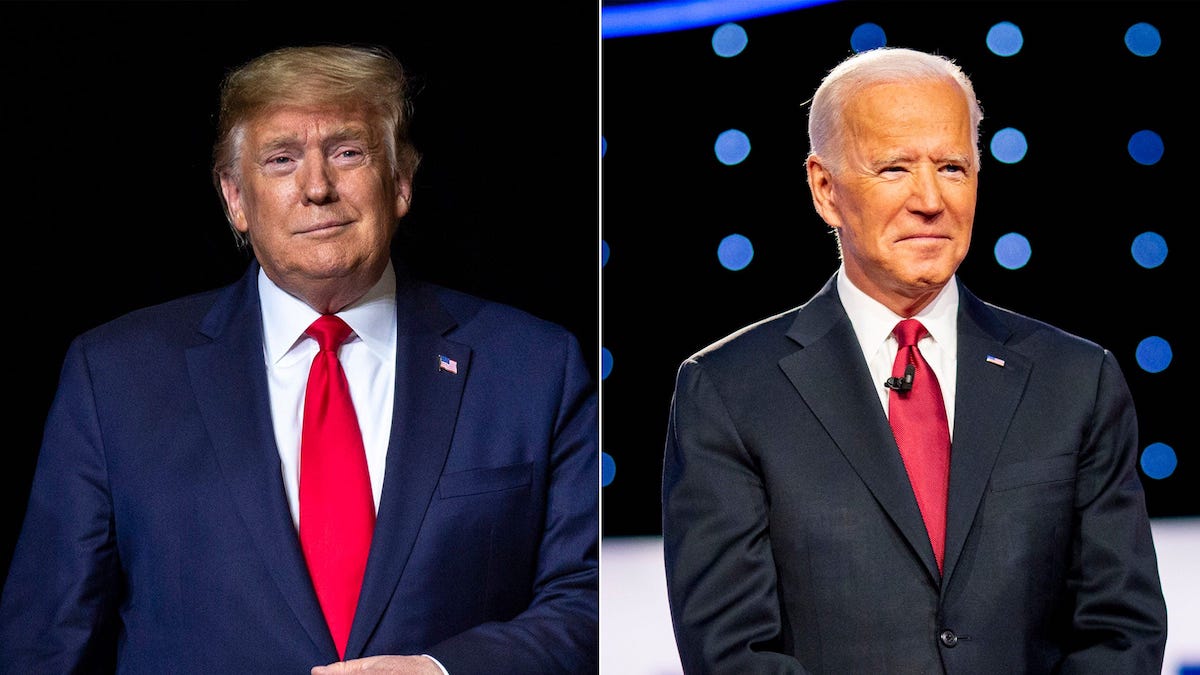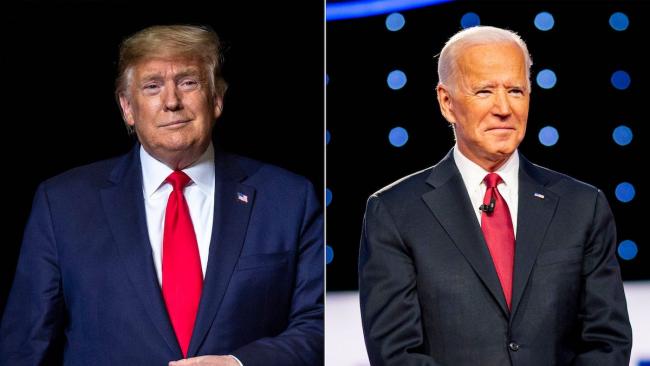Joe Biden's pre-campaign got off to a bad start, at least in his diagnosis of the problems in Cuba, Venezuela and Latin America. The veteran politician is proposing to return to the facile policies of the Bush Jr era; while for George W. the priority was to curtail remittances and trips, for Joe there is only one plan: to restore Obama's "normality". And his plan to lift sanctions against the Havana and Caracas regimes is disappointing for exiles who do not agree with Donald Trump's domestic policy.
For the record: I never opposed the reopening of embassies, or the facilitation of visas (except those that favored repressors and their families), or the presidential visit to Cuba (provided that it met certain requirements, and complied with them), among other reasonable measures.
The worst mistake of the Obama era was blindly believing that less hostility would mean a higher quality of life for Cubans. No, it did not. It takes two to tango.
How many technology companies managed to set up shop in Cuba? How many independent Cuban businesspeople managed to import/export from/to the US? How many private buildings, businesses and residences were built or renovated with US funding? In agriculture, how many tools and pieces of equipment reached private growers? How many subsurface Internet cables were connected to the island?
Not even Oggún was able to install its tractor factory in Mariel, because the Cuban government denied them permission.
That policy only brought tourism, which helped bolster small hospitality businesses; but, at the same time, easy money (abusive taxes, maintenance of the dollar tax, and new obstacles to the creation of wealth) thwarted any possible structural reform of the Cuban economy, and intensified repression. Havana's response quashed any hope: Castroism chose the most politically expedient measures, reinforced short-term approaches, and crushed any initiative for the empowerment of the private sector.
In its boundless, almost pathological optimism, the Obama Administration was unable to introduce correction mechanisms into the negotiations. As a Cuban might say, he gave everything for nothing. And his most enthusiastic supporters believe that he should have caved in even more, even going so far as to demand loan forgiveness, the dream of every parasite.
Trump: a mixed bag
Trump's chaotic internal policies, marked more by the inscrutable effects of his ego than by common sense, must not keep us from recognizing his partial successes in moving against the Cuban economic-military apparatus and the Chavista drug trafficking elite.
Individual sanctions, though still insufficient (in the case of Cuba), are a valuable instrument against the mafias entrenched in power in both countries. The activation of Section III of the Helms-Burton Act, meanwhile, seeks to check the still-unpunished trafficking of stolen goods by European business elites.
Where does Trump get it wrong? The United States urgently needs an ambassador in Havana with prerogatives similar to that of Cuba's in Washington. José Ramón Cabañas travels freely around the Union, lobbying and exerting political pressure, while the US chargé d'affaires in Cuba, Mara Tekach, must muddle along as best she can. Far from being pulled back, US diplomacy should be deployed throughout the Island.
The reciprocal opening of consulates would not be a gift or a concession, but rather a rational response to the people's needs. Our views on restless travellers who come and go, after invoking a special immigration status, are irrelevant. The inhabitants of Florida, California and New York deserve an easing of the necessary red tape, as do those in Santiago de Cuba and Camagüey, just to mention a few examples.
And, although the investigation into acoustic attacks has not been completed, it is time to normalize ordinary immigration procedures in Havana. Living in Cuba will always be dangerous for US diplomats, but not as dangerous as in countries of the Far East, where the US's embassies remain operational.
Someone should tell him...
Candidate Biden is wrong to consider Cuba as a lesser evil as he seeks to revitalize US relations with Latin America and the Caribbean. Cuba is the problem, but also the solution. Appeasement policies only succeed in strengthening the monster.
Not that Trump has done better in this regard. His first measures were aimed at punishing Havana for its role in Caracas, and not for the appalling internal situation on the island. Some rectification has been seen since then.
Washington can pursue its regional agenda without sacrificing Cubans' democratic yearnings. Its involvement (and influence) in Latin America should hinge on the establishment of new alliances, based on economic cooperation, development aid, and orderly, fluid migration policies. Where was the United States while Chávez and Maduro practiced their oil-based diplomacy in the region, buying parties off?
On days like these, I think of the dilemma of the centrist Cuban-American voter when deciding between his two presidential options in November.

